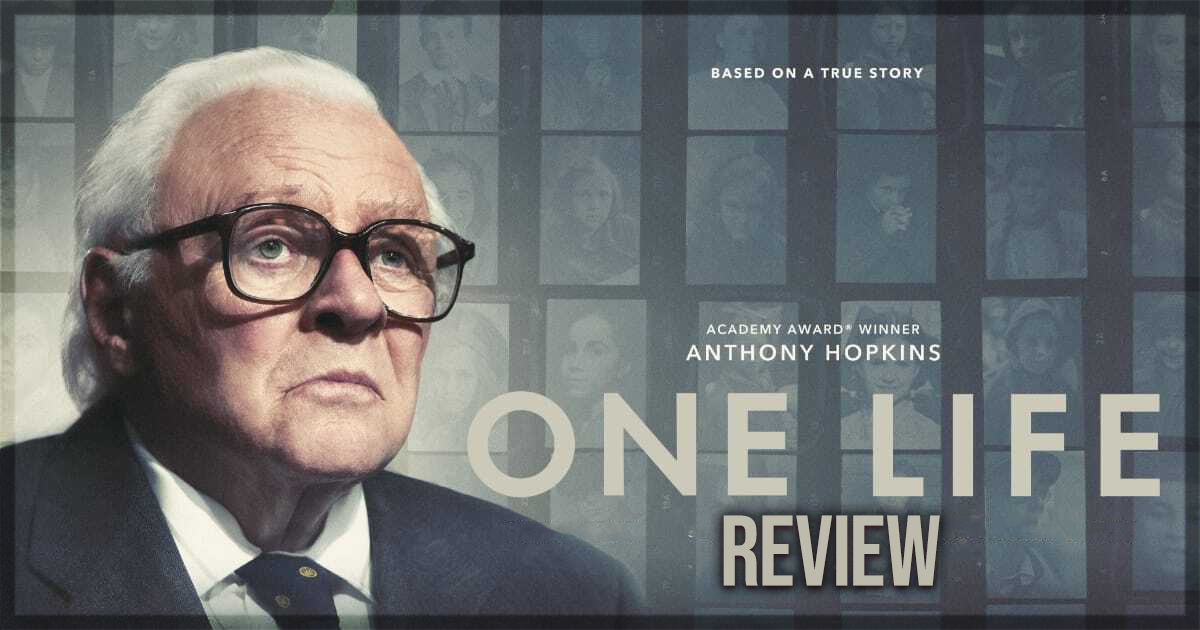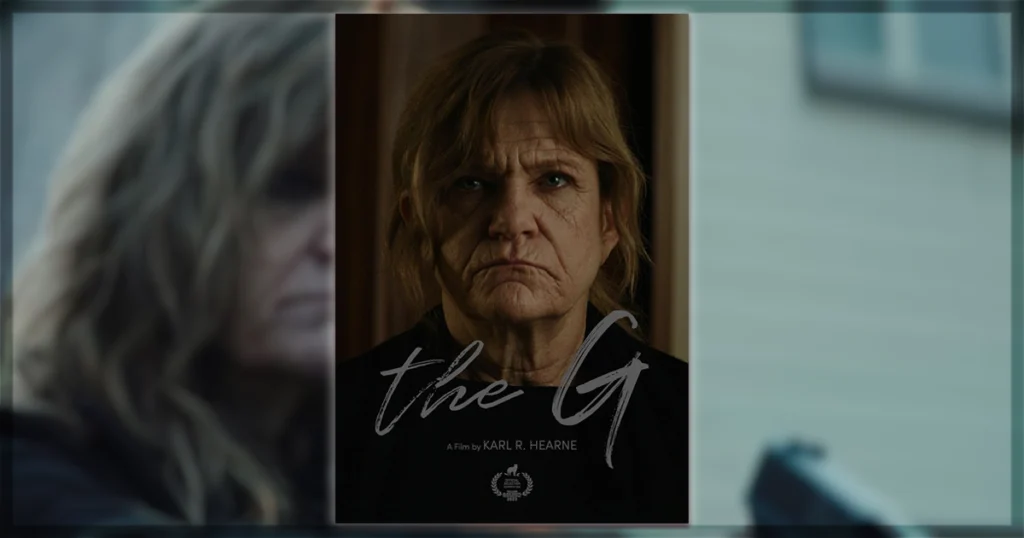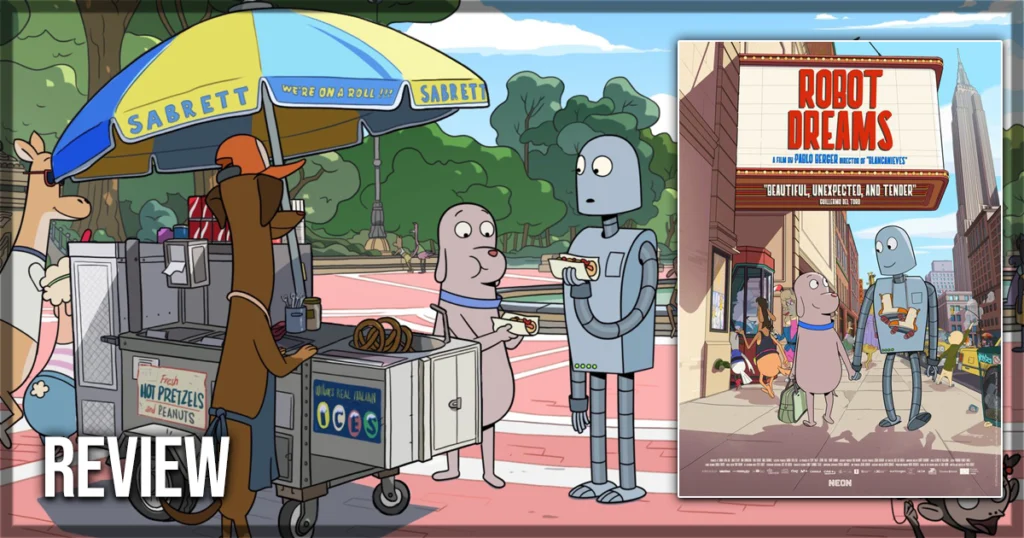Specific true-life stories demand the big-screen cinematic treatment. In some cases, those true stories can go on to earn Academy awards (Braveheart, Schindlers List). In other cases, some films can dishonor those stories’ legacies. Adapting those stories can be some of the most challenging films to make. The story of the latest Anthony Hopkins film, One Life, should be told on the big screen. That is due to telling the world the story of a true hero and his accomplishments against an oppressive regime. Add in one of the best actors of our generation in the lead role, and the story’s potential is limitless.
The story of One Life
Based on the real man, One Life follows Sir Nicholas “Nicky” Winton (Hopkins). Set in the months leading up to World War II, the story follows Winton as a young London broker. In his younger years, he rescued over 600 children from Nazi-occupied Czechoslovakia. What follows is a story that balances two very different ideas. The first honors the legacy and shows Winton’s heroic actions during that time. The second involves an elderly Winton who is still reeling and wishing he could’ve done more along the way. Along the way, he begins to see his relatively unknown story’s impact on the world around him. The results create an emotionally resonant, moving, and rather cliched affair.
The biggest strength of One Life resides in Nicky Winton’s dual performance. Anthony Hopkins always delivers a character with nuance and hidden depth. Hopkins’s performance completes a problematic task many actors need help to accomplish. The strength of the role goes into what Hopkins does not verbally say. Instead, what he does with his face and eyes leaves an impression. Behind the regal exterior that Hopkins is known for, audiences feel an immediate sympathy for him. While he is a hero, Hopkins brings untapped compassion to the role. The film acknowledges that what Winton did was an actual act of heroism, but in his eyes, that act was simply not enough. It is the flashback sequences with the young Winton, that provide added depth.
Johnny Flynn (Beast, Emma, The Outfit) stars as the young Nicky Winton. Flynn gives young Nicky a very idealistic nature. He wants to help these people but takes a bit of time to realize the importance of this mission. Over time you can see Flynn morph into his older and more subdued Anthony Hopkins self. It makes his arc feel organic in ways that help viewers truly connect to Nicky Winton as a person. It notably offers a strong set-up, leading to an unfortunately sagging middle portion. This issue primarily resides in the screenplay written by Lucinda Coxon, Nick Drake, and Barbra Winton.
Audiences are given real insights into Nicky Winton and his emotions regarding his act of saving lives. However, those around Nicky who help in his mission to rescue these children are shorted. While it is Nicky’s story, seeing the ripple effects on the others involved would have been enlightening. It is a minor quibble that speaks to the primary issue of the film. There is a natural air of narrative predictability within the story structure. Viewers know Nicky succeeds, making his “obstacles” lose moments of emotional heft. For some, that will be an immediate distraction from the story. It may even leave them checking their watch for the film’s almost two-hour running time. One piece of advice for One Life is to not think about the “why” of the story. Instead, think about the “how” this heroic tale got accomplished.
Johnny Flynn and Anthony Hopkins embody what feels like Nicky Winton’s real-life essence
The “how” of the story and sense of moral righteousness are meant to help viewers appreciate the details. That sense of duality is best conveyed in Nicholas “Nicky” Winton’s performance. Both Flynn and Hopkins embody what feels authentic to Winton’s real-life essence. That embodiment helps the journey in the flashback and modern-day sections feel natural. That set-up helps the best in the third and final act. It’s in this section that the screenplay flirts with moments of melodrama. To avoid spoilers, this starts with Winton attending the BBC television show That’s Life!
In the wrong hands, that emotionally would simply feel like Oscar bait. In actuality, that is the furthest thing from the truth. Having someone like Hopkins gives those melodramatic moments a genuine heart. That makes not one of those sequences ever feel inauthentic or manipulative. Instead, they feel more like a truthful reaction to a real-life act of historical trauma.
Hopkins sells those melodramatic moments in both emotional and heartfelt ways. In some cases, those sequences could bring tears to viewers’ eyes. Hopkins’s magnetism, heart, and natural warmth bring a level of humanity to the character, elevating the predictable moments of the film.
One Life could have become a simplistic, empty, straightforward historical story. That is particularly true of a story that does not suffer from all the expected cliches of a biopic. Director James Hawes (Slow Horses season 1) wisely understands this assignment and the talented cast he assembled. This even includes minor performances like Helena Bonham Carter as Nicky’s mother. While those characters do not have much depth, they understand their role in the story. Everyone’s purpose is to serve Johnny Flynn’s and Anthony Hopkins’s central performance. The results create a captivating main character who earns an emotionally satisfying conclusion. While serving as a history lesson and showcase for Anthony Hopkins, One Life succeeds at being more genuine than one might expect.
One Life is now in theaters.
Had you heard of the story of Nicky Hinton before One Life? Let us know by connecting with us on X @MoviesWeTexted.
You might also like…
‘The G’ Review: A Smart and Unusual Crime Thriller
‘Robot Dreams’ Review: Simple, Precise, & Profound Visual Storytelling



